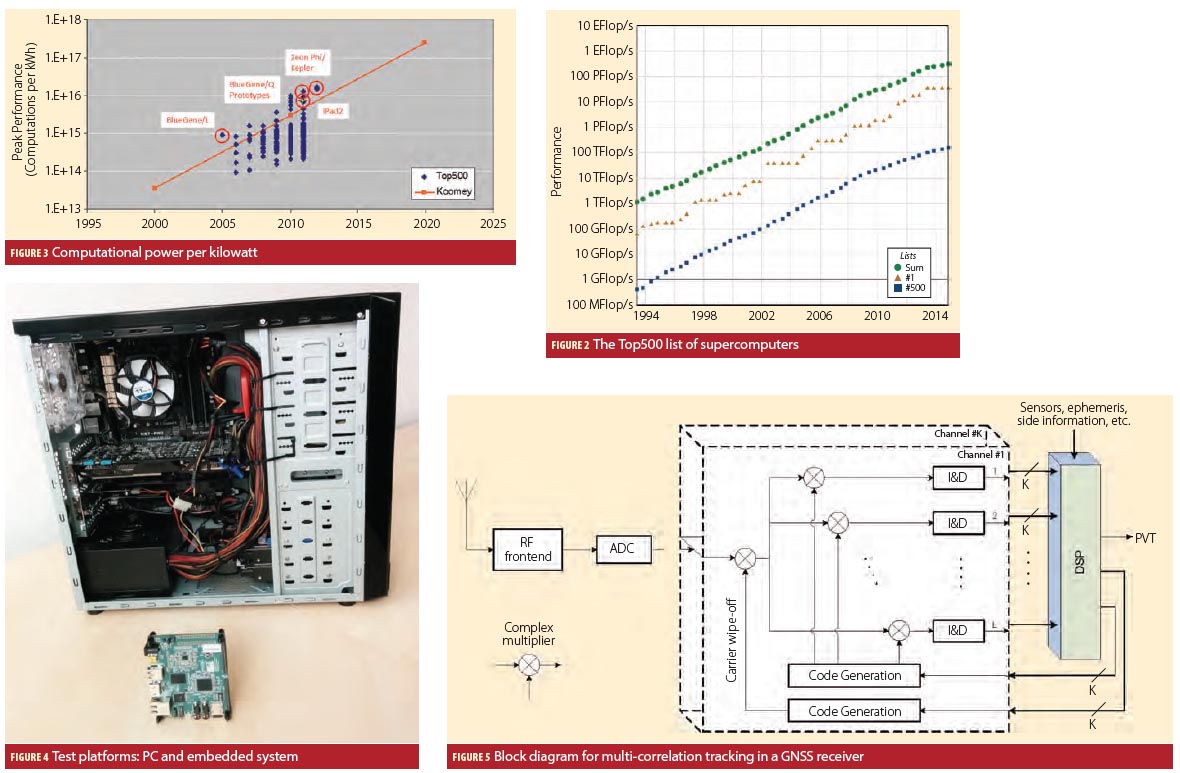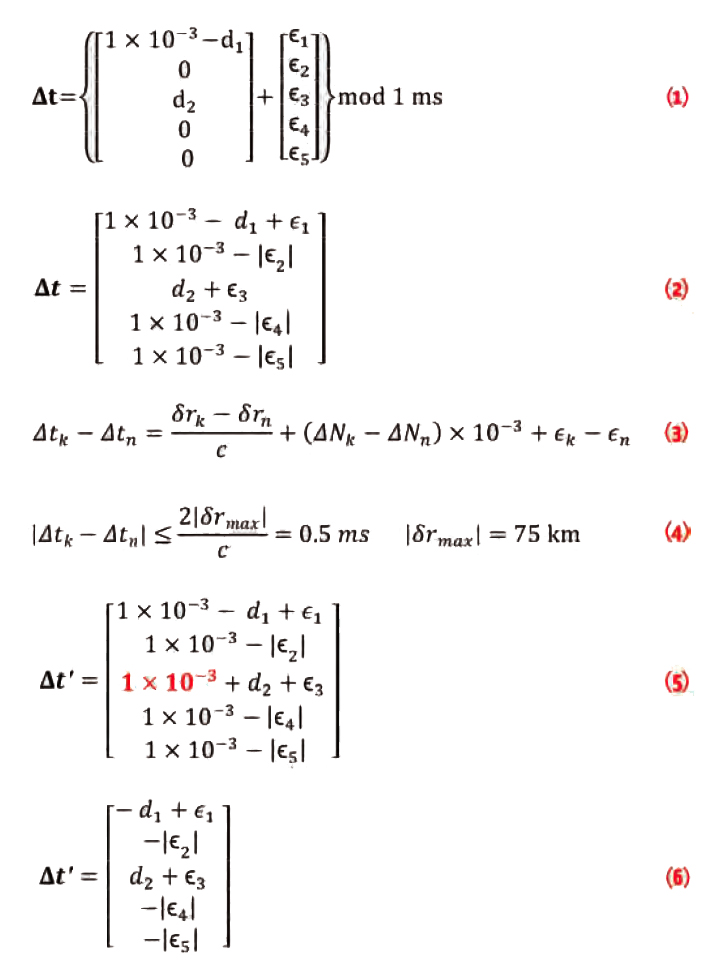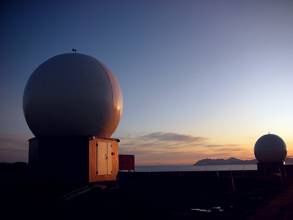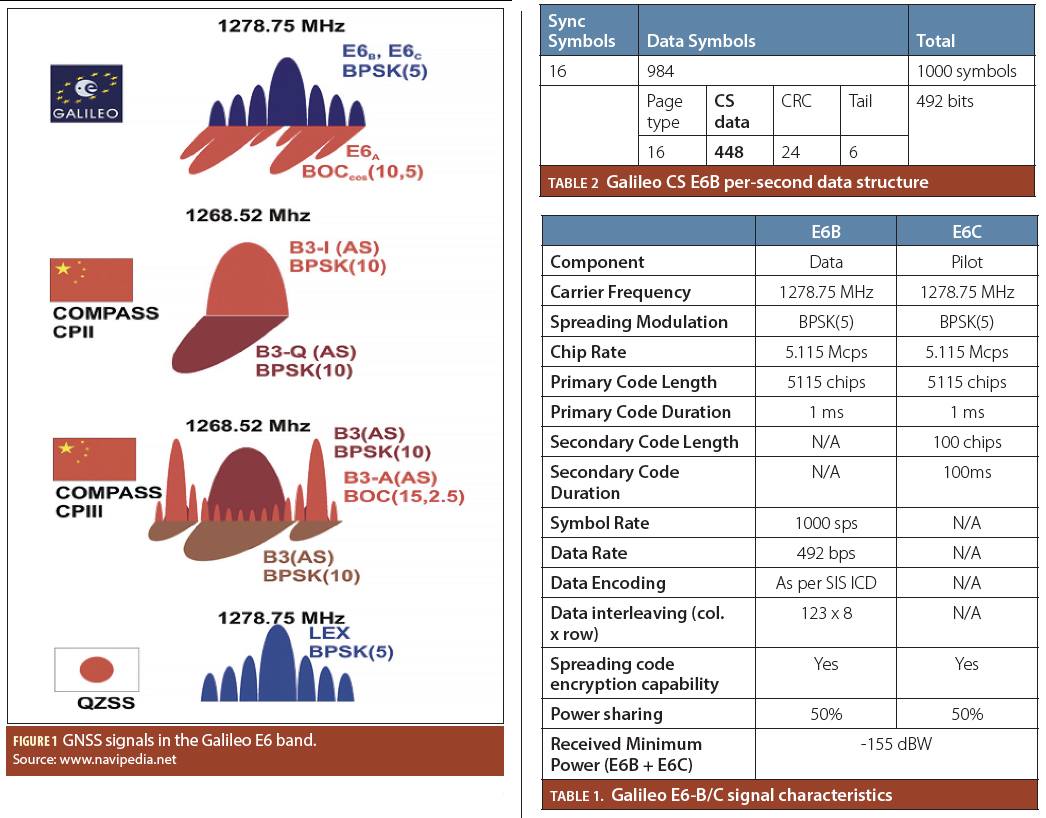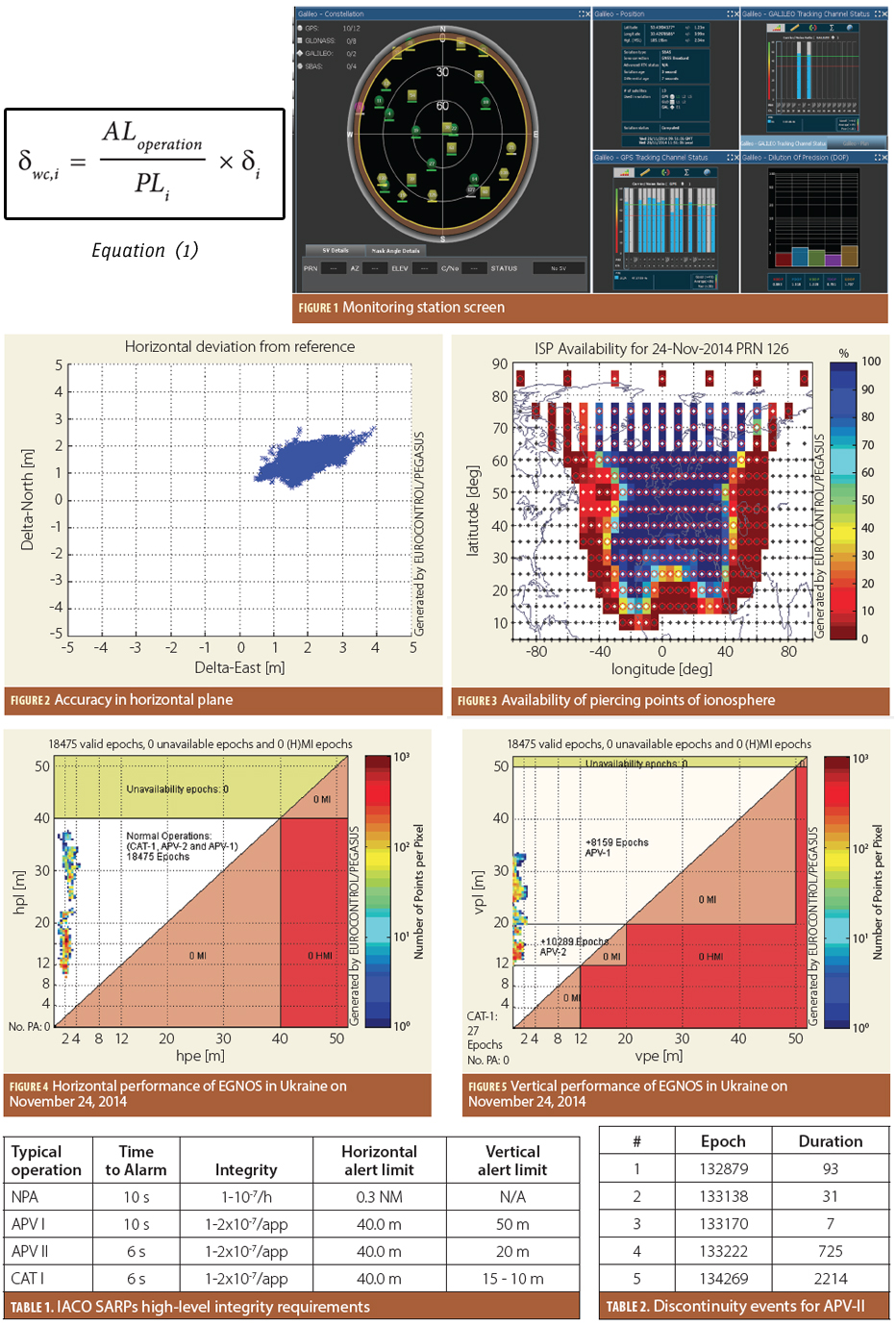The Party Crashers
These days getting the United States, Russia, China, and Europe to agree on a common policy seems to be an increasingly rare event.
That’s why the long-standing comity among system operators in the GNSS sphere is particularly notable and welcome. “Interoperable and compatible” is the first principle espoused by the four nations under the aegis of the International Committee on GNSS.
By Dee Ann Divis

